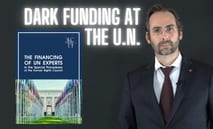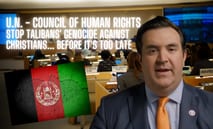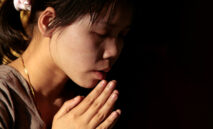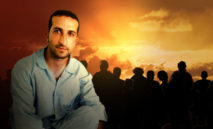Oral Intervention at the OSCE Office for Democratic Institutions and Human Rights (ODIHR) in Vienna on 14 December 2016.
The need to respect and guarantee the right to conscientious objection has been underlined several times this morning.
I would like to underline that respect of freedom of conscience and conscientious objection is essential for the proper and peaceful functioning of pluralist and a liberal society.
This right is directly steaming from freedom of conscience. Freedom of conscience is not limited to religious issues, but primarily to moral behaviour.
The OSCE has a special role to play in defending the right to conscientious objection as the final Act of the Helsinki Conference (1975) guarantees this right explicitly, stating that participating States will recognize and respect the freedom of the individual to act “in accordance with the dictates of his own conscience” (Principe VII). This right includes the right "not to be forced acting against the dictates of your own conscience", which is the right to conscientious objection.
In so called liberal societies, we witness an increasing moral or ideological intolerance against Christians on the debated social issues. Especially on practices that were forbidden in the past and became legal, such as euthanasia, abortion or same sex marriage.
Because of their deeply rooted moral convictions, Christians are increasingly stigmatized in media, marginalized in society, they may be fined and lose their job.
In France, for example, 20,153 elected members of city councils announced that they would oppose celebrating civil weddings between people of the same sex. They are facing very heavy sanctions.
I wish to underline that respect of freedom of conscience and of conscientious objection is essential for the functioning of a liberal society.
Liberal societies are characterized by tolerance. This results in a differentiation between a public morality and a private morality which leads people to publicly tolerate practices which they disapprove of in private.
Yet, if this tolerance is trouble-free for the majority of citizens, it is not so for the minority directly concerned by the carrying out of the practice in question; because, to use a concrete example, it is one thing to tolerate euthanasia, but it is another thing to have to practice it oneself. If it is possible to make two moralities coexist within a society, it is not possible within a single person. In this way, the “freedom” that liberal society offers individuals with regard to practices which are morally debatable can only be fair if the society guarantees those who disapprove the practice at stake the right to not be forced to take part in it. The recognition of the right to “conscientious objection” guarantees precisely this right. Recognizing and guaranteeing this right to “conscientious objection” is not only a fundamental right, but also a necessity for a fair and peaceful functioning of liberal and pluralist societies.
Thank you.














